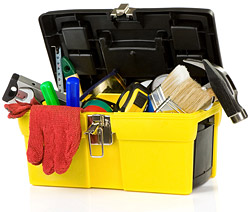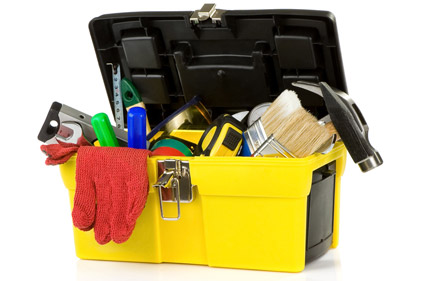 If you’re a business owner that believes you have to reduce chiller maintenance (scheduled and corrective) because your business absolutely can’t afford it, you’re going to have to do whatever you must to survive. So although it’s unfortunate, I can understand it.
If you’re a business owner that believes you have to reduce chiller maintenance (scheduled and corrective) because your business absolutely can’t afford it, you’re going to have to do whatever you must to survive. So although it’s unfortunate, I can understand it.If you’re wondering if there’s a way to reduce chiller maintenance (recommended scheduled maintenance, not corrective maintenance) simply to cut costs, not necessarily on an emergency basis, I can understand that too.
However, I simply don’t know of any way to reduce chiller maintenance (recommended scheduled maintenance), below industry standards and manufacturer recommendations, without reducing the system’s long-term efficiency and working life.
One of the reasons careful, thorough, regularly scheduled maintenance is so important is that small problems can be found and corrected before they become serious and expensive problems.
You might be interested in reading further about a couple of the problems I’ve seen that were caused by reduced chiller maintenance.
In one facility that decided to reduce chiller maintenance by ignoring chilled water and condensing water quality, the cooling tower media and make-up valves scaled up, the condenser tubes scaled up, head pressures gradually climbed, the power bill increased, and cooling efficiency dropped off to the point where corrective repairs had to be done on the cooling tower and both the evaporator and condenser barrels.
Another way I saw a facility reduce chiller maintenance was to not change the oil and filters regularly, and not send samples out for analysis.
One result of this is that internal oil ports on a centrifugal chiller can become restricted, which can reduce the flow of oil through the motor, causing it to overheat.
Corrective repairs for this type of problem will cost several times more than the scheduled maintenance would have cost.
I guess a simple way to put it is that performing all the recommended scheduled maintenance is cheaper in the long run than paying for the higher power bills and the repairs that result from poor or no maintenance.
I hope that this article has provided some food for thought about the need for regular maintenance.
Publication date: 12/05/2011


Report Abusive Comment